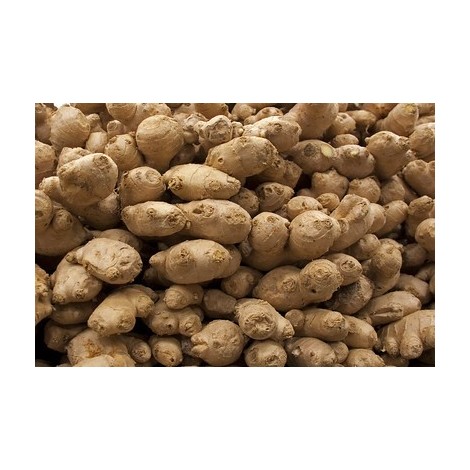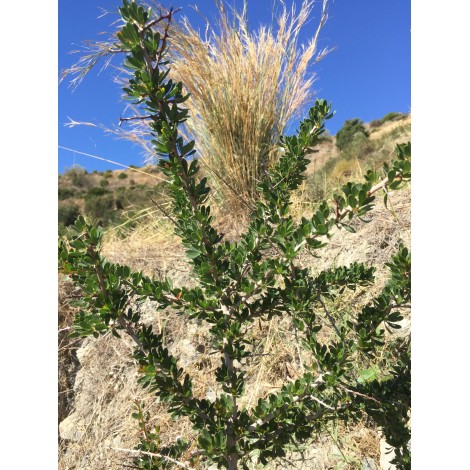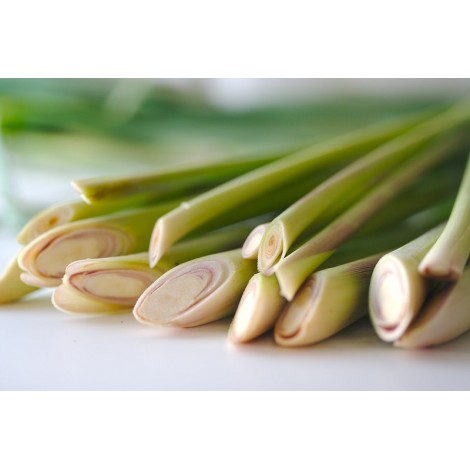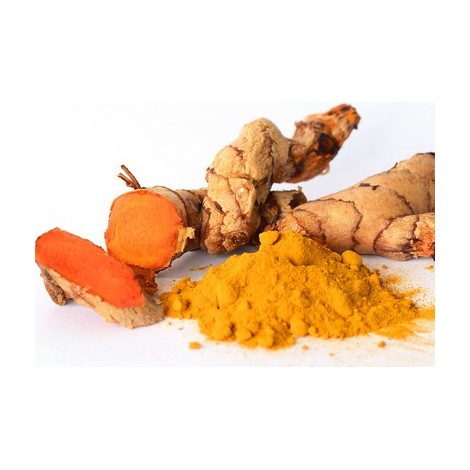Medicinal herbs
Medicinal herbs
Medicinal Plants
Medicinal Plants, Benefits and Properties for Your Body
The use of medicinal plants as medicine is becoming more and more popular nowadays. It is often used as a healthier alternative to synthetic medicines. Medicinal plants offer a variety of therapeutic benefits to alleviate symptoms and treat common medical conditions. There are several medicinal plants with healing and medicinal properties, and each of them has its own benefits.
Benefits of Medicinal Plants
Medicinal plants have been used for thousands of years as a natural way to combat various conditions. They contain numerous natural therapeutic properties that can help treat or alleviate a wide variety of health conditions. These properties include:
Anti-inflammatory
Many medicinal plants have anti-inflammatory properties. These help to relieve both internal inflammation (affecting organs such as the liver or kidneys) and external inflammation (when it is in the skin or musculature). These benefits arise from the ability of medicinal plants to alleviate the symptoms of inflammation while reducing its source.
Analgesic
Medicinal plants are also commonly used to relieve pain. Some plants, such as valerian or chamomile, are commonly used to relieve headaches, muscle spasms and joint pain. These plants have natural analgesic properties that help relieve pain and improve quality of life
Antioxidants
Medicinal plants also contain a wide variety of natural antioxidants. These antioxidants help protect the body's cells from free radical damage. Antioxidants also help improve the body's overall health by providing a defence against premature ageing.
Immune Stimulant
Medicinal plants can also help stimulate the immune system. This function helps protect the body from diseases and health conditions. These stimulants are effective in improving health and preventing disease.
Eczema
Medicinal plants are also used to treat eczema. They contain healing properties that can help relieve the symptoms of eczema, including itching, dryness and skin irritation
Which Herbal Medicines to Use
The choice of which medicinal plant to use depends on the condition you want to treat. For example, if you want to treat headaches or relieve stress, chamomile and valerian are good options. If you want to treat eczema, aloe vera is a good choice. If you want to reduce inflammation, turmeric and fennel are excellent. On the other hand, parsley and lemon verbena are especially useful for improving digestion or preventing kidney stones.
Conclusions
Medicinal plants can be an excellent alternative to conventional medicine. They contain many natural healing properties that can help to improve a person's health and quality of life. There are a large number of medicinal plants with different therapeutic properties to treat various conditions. These plants offer a natural way to combat the symptoms of the condition without the undesirable side effects that synthetic medicines often bring. Therefore, it is an excellent way to improve your health without the risks associated with synthetic medicine.
Nevertheless, it is very important to consult with your doctor about the use of herbal medicines before deciding to incorporate them into your treatment routine. There may be some contraindications or possible side effects that your doctor can discuss with you. In addition, it is important to make sure that you are using the right type of plant for your specific condition to ensure the highest quality of care. By following these simple guidelines and working with a healthcare professional, you can safely enjoy the many benefits that medicinal plants have to offer.






